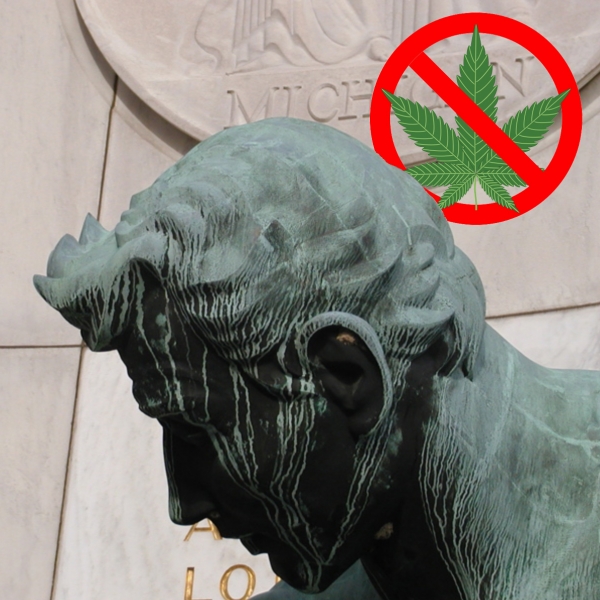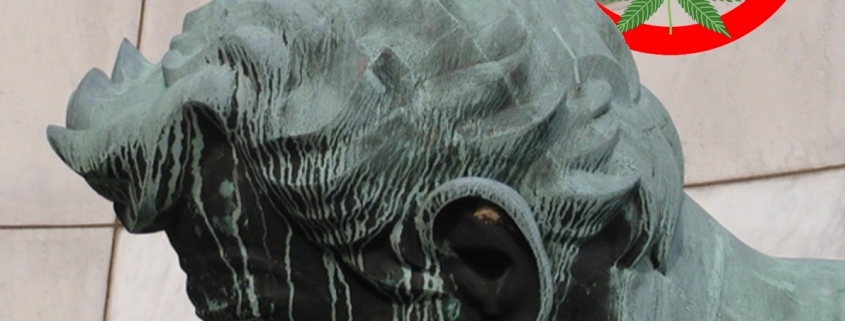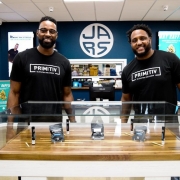Terrible news for legal cannabis in Detroit
EDITOR’S NOTE: While this news is a slap in the face to the 3/4 of Detroiters who voted in favor of legal cannabis, the continued failure of the city to create rules for legal cannabis nearly 3 years after legalization is a crushing blow to Detroiters who are seeking to enter the legal cannabis market. Detroit’s City Council bears a huge amount of responsibility for dragging their feet on this & should be absolutely ashamed of costing their residents MILLIONS of dollars & putting them far behind the 8-ball in the Michigan cannabis market.
 Grown In’s Mike Fourcher writes documents in federal court last Thursday that suggest nobody will get a Detroit adult-use license until late Spring 2022 at the earliest:
Grown In’s Mike Fourcher writes documents in federal court last Thursday that suggest nobody will get a Detroit adult-use license until late Spring 2022 at the earliest:
The City of Detroit filed a motion at the last moment Thursday calling for a full trial to determine the legality of a city license system requiring at least half of all licenses to go to people who have been residents of Detroit for at least 15 years. Crystal Lowe, a one-time Detroit resident who now lives in neighboring River Rouge, is suing the city for the right to obtain a cannabis license regardless of the city’s limits.
Struck down by a judge in the Eastern Michigan Federal District Court in June, the Detroit ordinance creating adult-use cannabis licenses contains a poison pill clause making the entire law null and void if a court strikes down any part. The ordinance’s chief author, Councilman James Tate, reiterated the city’s determination to invalidate the law if a court interferes during proceedings to determine if an injunction should be filed.
The case, Crystal Lowe v. The City of Detroit, is now entering the discovery phase for a hearing on whether or not the temporary injunction blocking the Detroit law should become permanent. According to a discovery plan filed by the plaintiff and defense attorneys, the discovery phase should be completed by March 1, 2022 and the two parties will enter into and complete alternative dispute resolution, using a private mediator to resolve the case rather than a court hearing, by April 1, 2022.











